The department was established in 1947 as part the Rishi Bankim Chandra College (Evening Section) and since 1984 continued as Department of Economics, Rishi Bankim Chandra Evening College, affiliated to the University of Calcutta. In 2008 the affiliation changed to the West Bengal State University and at present we follow the curricula and syllabus of WBSU.
Course Details
• BSc Honours degree in Economics (18 papers x 6 credits each)
• BA Honours degree in Economics (18 papers x 6 credits each)
• BSc Honours in Geography with Economics as Elective (GE) Subject (2 papers x 6 credits each)
• BSc General degree with Economics as Core (DSC) Subject (6 papers x 6 credits each)
• BA General degree with Economics as Core (DSC) Subject (6 papers x 6 credits each)
• BA General degree with Economics as Elective (GE) Subject (2 papers x 6 credits each)
Career Prospects for Economics Honours Graduate
Economics is a discipline which combines politics, sociology, psychology and history and seeks to explain what drives human behaviour, decisions and reactions when faced with challenges. A degree in Economics equips one with a high level of mathematical and statistical skills and the ability to apply economic principals and models to problems in business, finance and the government sector. Economic concepts can be applied to understand the logic of complicated data, to see how things relate to each other and to get a view of the broader context. Some of the specific skills that a graduate in Economics Honours develop include communication (presenting ideas in a well-defined framework and supported by evidence that uses complex data), numeracy (handling data using techniques of mathematical and statistical analysis), problem solving and analytical skills. Broadly speaking an Economics degree helps prepare the student for careers that require numerical, analytical and problem-solving skills. For this one needs to be able to master the methods used in the discipline and have good mathematical and statistical skills. Moreover one also needs to be interested in the world around – from history to politics, to international affairs and consumer psychology – as these all impact how individuals, companies and governments behave and make decisions.
After completing undergraduate course in economics
• Option 1: Enter Job Market
– Apply for private sector, government sector, railways,
defence, schools through competitive examinations
– Clerical posts in banks and other financial institutions
– News agencies
– Any job as any other graduate student
• Option 2: Further Studies (must score minimum 50% in
Honours papers)
– Master’s Degree by regular mode/ distant mode
– MBA Degree by regular mode/ distant mode
– B.Ed. Degree
– B.Lib., L.L.B, Corporate Secretary ship etc
– Other Vocational Training

Associate Professor
M.A, Ph D

Associate Professor
M.Sc., M.Phil., Ph.D

Assistant Professor
M.A, Ph D

State Aided College Teacher SACT II
M.A. (Economics)
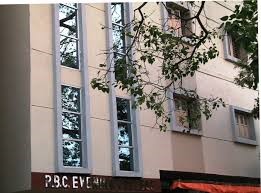
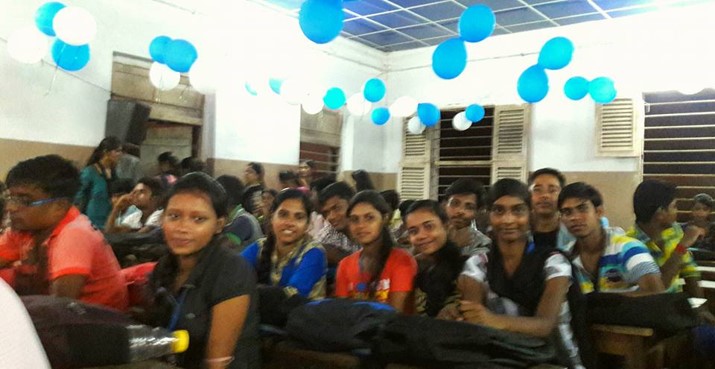

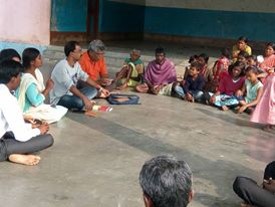
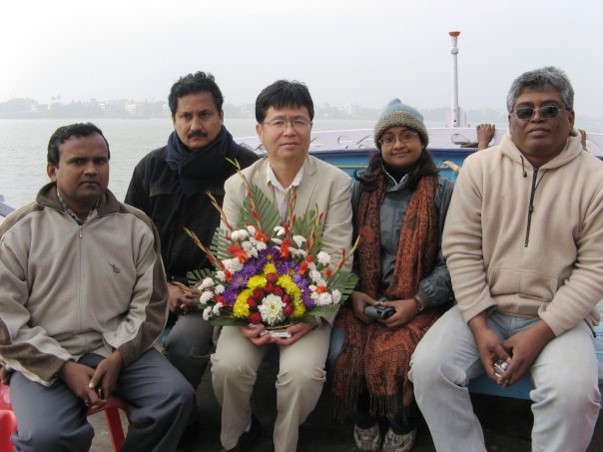





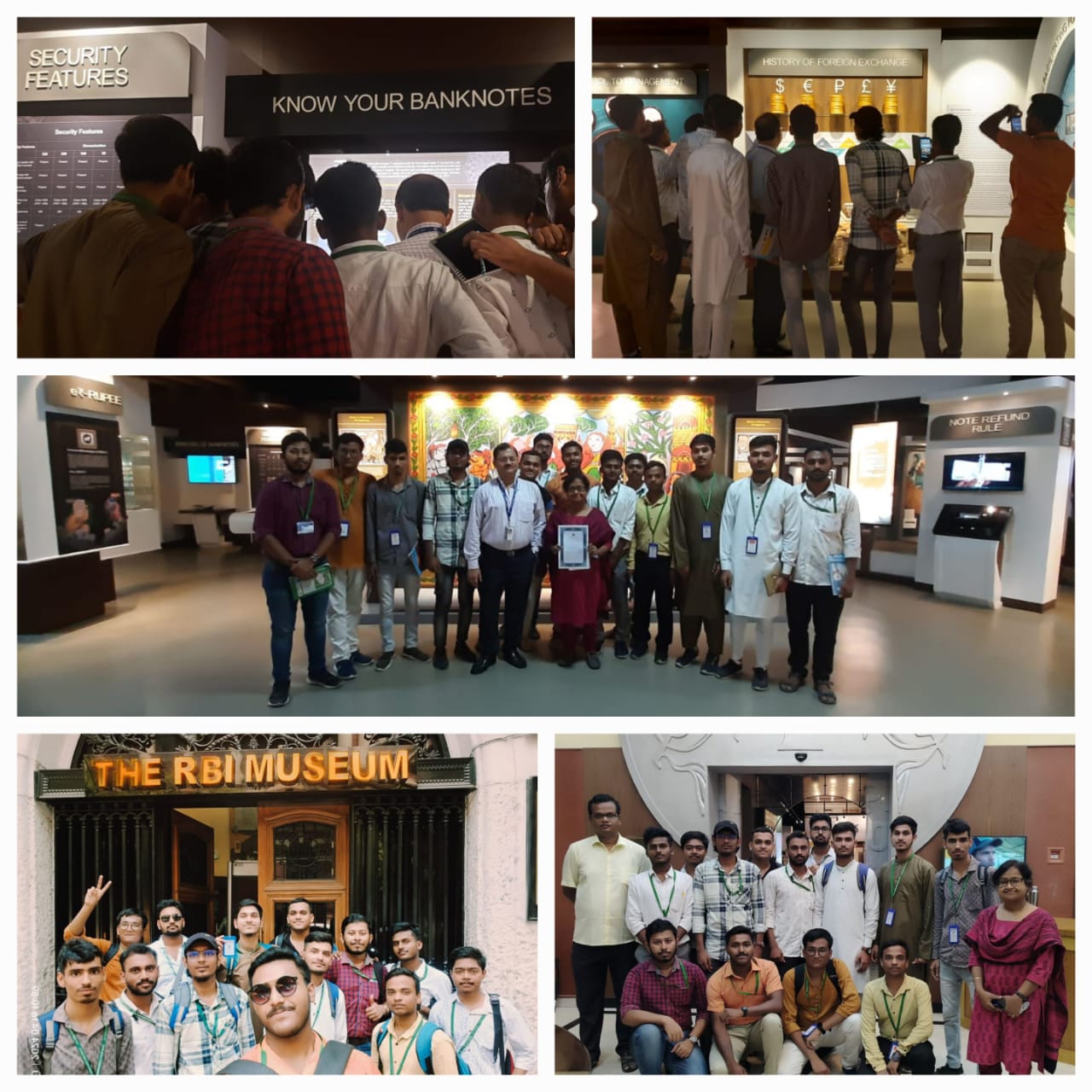
| SL No. | Subject | Download |
|---|
| SL No. | Subject | Download |
|---|
| SL No. | Subject | Download |
|---|
| SL No. | Subject | Download |
|---|
| SL No. | Subject | Download |
|---|
| SL No. | Subject | Download |
|---|
| SL No. | Subject | Download |
|---|
| SL No. | Subject | Download |
|---|
| SL No. | Subject | Download |
|---|
| SL No. | Subject | Download |
|---|